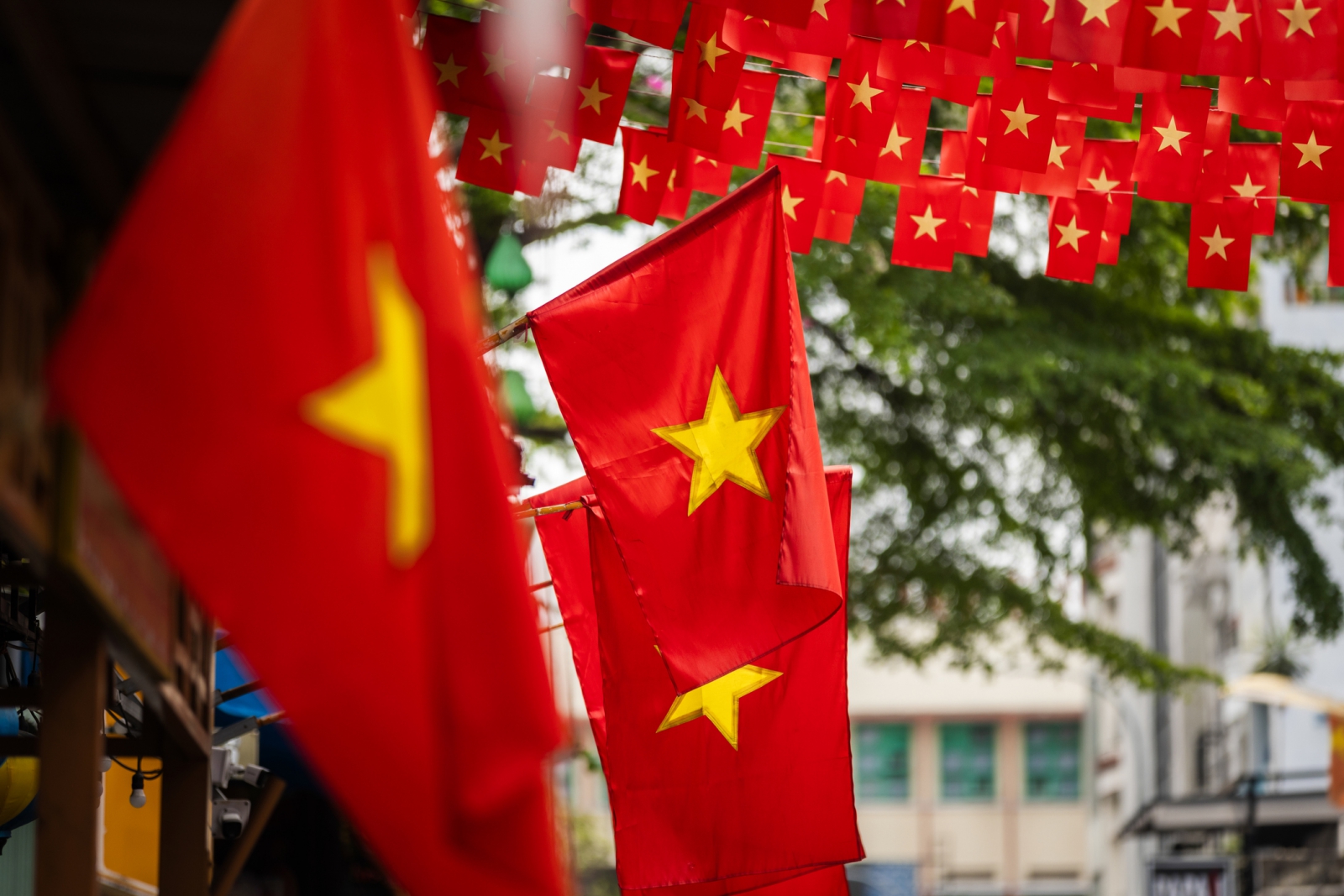.jpg)
Vietnam’s economic growth is highly anticipated, but its corporate sustainability disclosure lags behind other ASEAN countries. Pictured is Ho Chi Minh City, Vietnam’s largest city. (Image: iStock)
Vietnam’s economic liberalization has driven strong growth, with the Associated Press (AP) likening the government’s ambitions to becoming Asia’s next “tiger economy.”
But in an era where economic expansion is deeply intertwined with climate change, a report from the Association of Chartered Certified Accountants (ACCA) finds that fewer than 70% of Vietnam’s top 100 listed companies publish sustainability reports — the lowest rate among major ASEAN economies.
Vietnam’s push for economic reform meets climate risk challenges
According to AP, the U.S. tariffs imposed by President Donald Trump reflect Vietnam’s remarkable economic trajectory. The government is expanding opportunities for private investment, strengthening social security, and investing in technology and green energy, signaling a clear intent to sustain high growth and competitiveness and to claim the same “Asian Tiger” status once given to Taiwan, South Korea, Singapore, and Hong Kong.
However, Vietnam faces multiple challenges: balancing economic growth with long-delayed reforms, managing an aging population, addressing climate risks, and modernizing slow-moving institutions. AP warns that climate threats are especially urgent, citing World Bank estimates that without decisive action, climate change could inflict annual economic losses of 12% to 14.5% of GDP by 2050.
Compounding the challenge, Vietnam’s slow progress in sustainability disclosure could further undermine its export-oriented economy.

The Associated Press notes that the threat posed by climate risks is particularly urgent for Vietnam. (Image source: iStock) (Photo: iStock)
Lagging on sustainability disclosure, ACCA urges alignment with global standards
ACCA highlighted ASEAN’s role as a critical link in the global industrial supply chain, with the potential to become the world’s fourth-largest economy by 2030 in a report published in July.
Given the region’s exposure to climate risks, aligning national disclosure rules with international sustainability standards, such as the International Financial Reporting Standards (IFRS) issued by the International Sustainability Standards Board (ISSB), is increasingly urgent.
The report’s review of sustainability reporting practices among the top 100 companies in each ASEAN country found full reporting compliance in Malaysia, Singapore, and Thailand, with the Philippines at 84%. Vietnam ranked last at 69%, marking an 18-percentage-point drop from 2022.
ACCA warned that EU policies such as the Carbon Border Adjustment Mechanism (CBAM) and the Corporate Sustainability Reporting Directive (CSRD) will place significant pressure on exporters in carbon-intensive sectors. Without consistent disclosure rules, companies risk higher compliance costs and reduced access to key markets. The association recommends ASEAN countries invest in capacity building, including developing expertise in sustainability reporting, auditing, and risk management.
.jpg)


